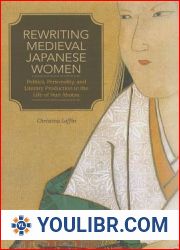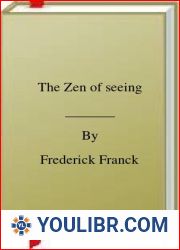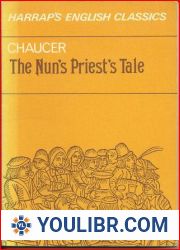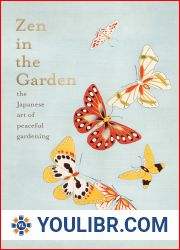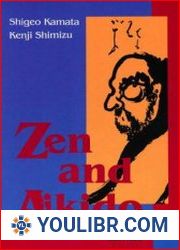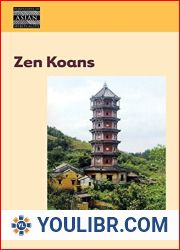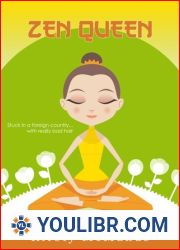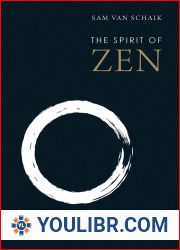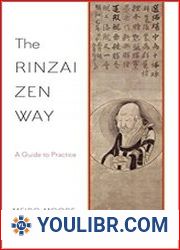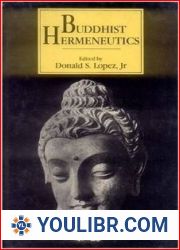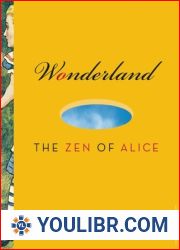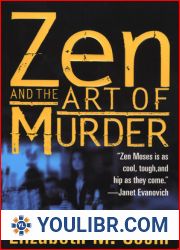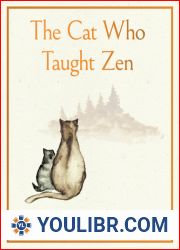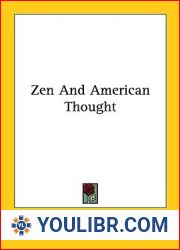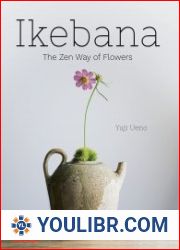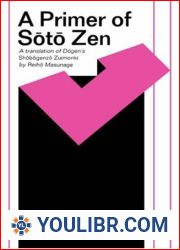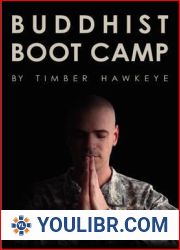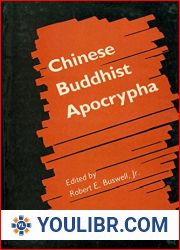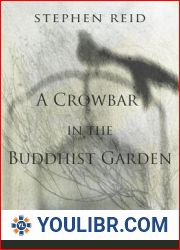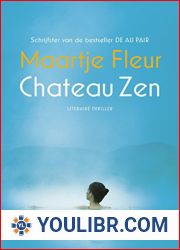
BOOKS - Reflections of a Zen Buddhist Nun: Essays by Zen Master Kim Iryop (Korean Cla...

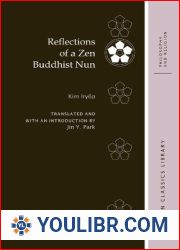
US $8.51

316873

316873
Reflections of a Zen Buddhist Nun: Essays by Zen Master Kim Iryop (Korean Classics Library: Philosophy and Religion)
Author: Kim Iryop
Year: March 31, 2014
Format: PDF
File size: PDF 4.1 MB
Language: English
Year: March 31, 2014
Format: PDF
File size: PDF 4.1 MB
Language: English
The life and work of Kim Iryop (1896-1971) bear witness to Korea's encounter with modernity. A prolific writer, Iryop reflected on identity and existential loneliness in her poems, short stories, and autobiographical essays. As a pioneering feminist intellectual, she dedicated herself to gender issues and understanding the changing role of women in Korean society. As an influential Buddhist nun, she examined religious teachings and strove to interpret modern human existence through a religious world view. Originally published in Korea when Iryop was in her sixties, Reflections of a Zen Buddhist Nun (Onu sudoin ui hoesang) makes available for the first time in English a rich, intimate, and unfailingly candid source of material with which to understand modern Korea, Korean women, and Korean Buddhism.Throughout her writing, Iryop poses such questions How does one come to terms with one's identity? What is the meaning of revolt and what are its limitations? How do we understand the different dimensions of love in the context of Buddhist teachings? What is Buddhist awakening? How do we attain it? How do we understand God and the relationship between good and evil? What is the meaning of religious practice in our time? We see through her thought and life experiences the co-existence of seemingly conflicting ideas and ideals - Christianity and Buddhism, sexual liberalism and religious celibacy, among others.In Reflections of a Zen Buddhist Nun, Iryop challenges readers with her creative interpretations of Buddhist doctrine and her reflections on the meaning of Buddhist practice. In the process she offers insight into a time when the ideas and contributions of women to twentieth-century Korean society and intellectual life were just beginning to emerge from the shadows, where they had been obscured in the name of modernization and nation-building.







